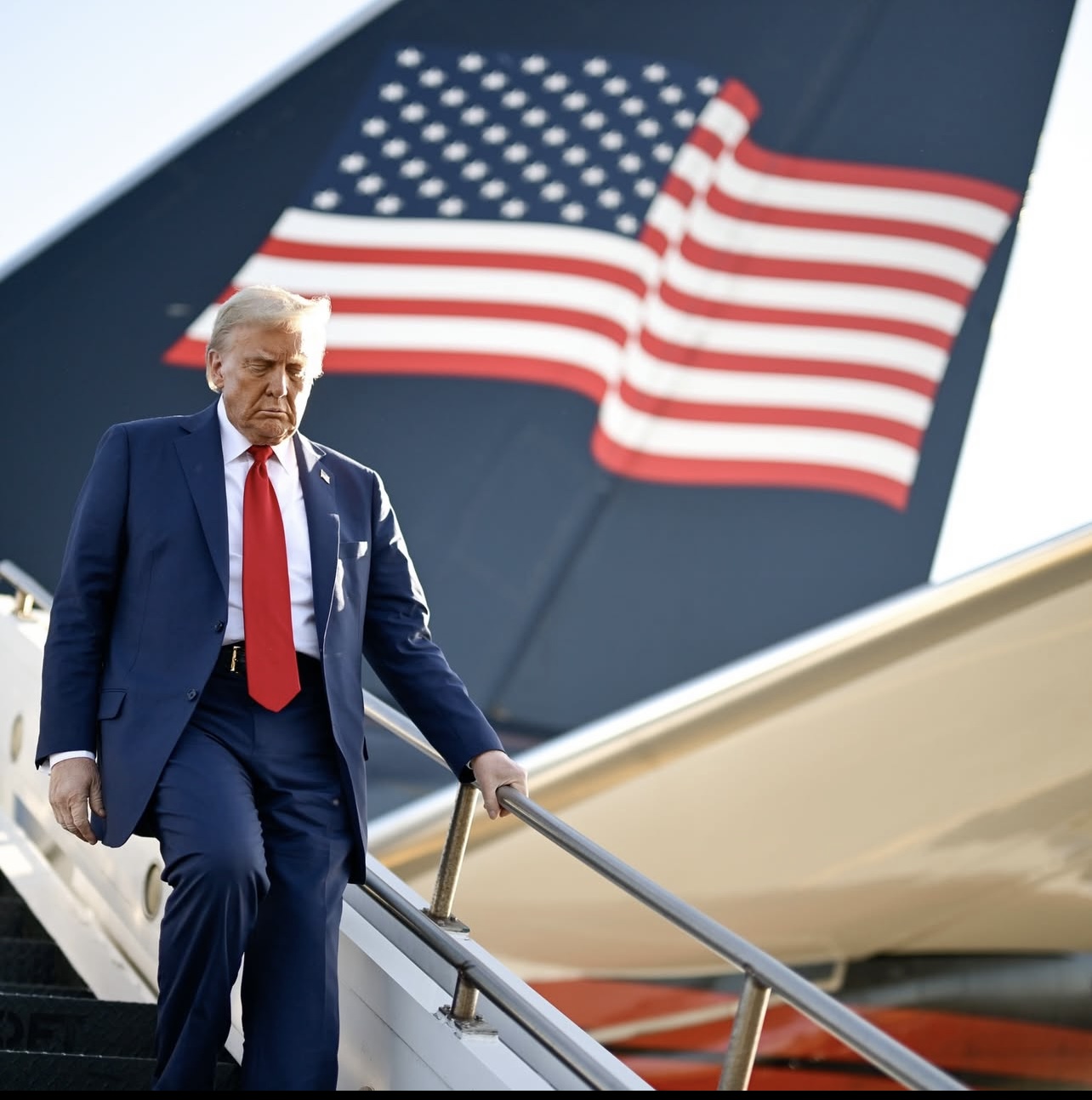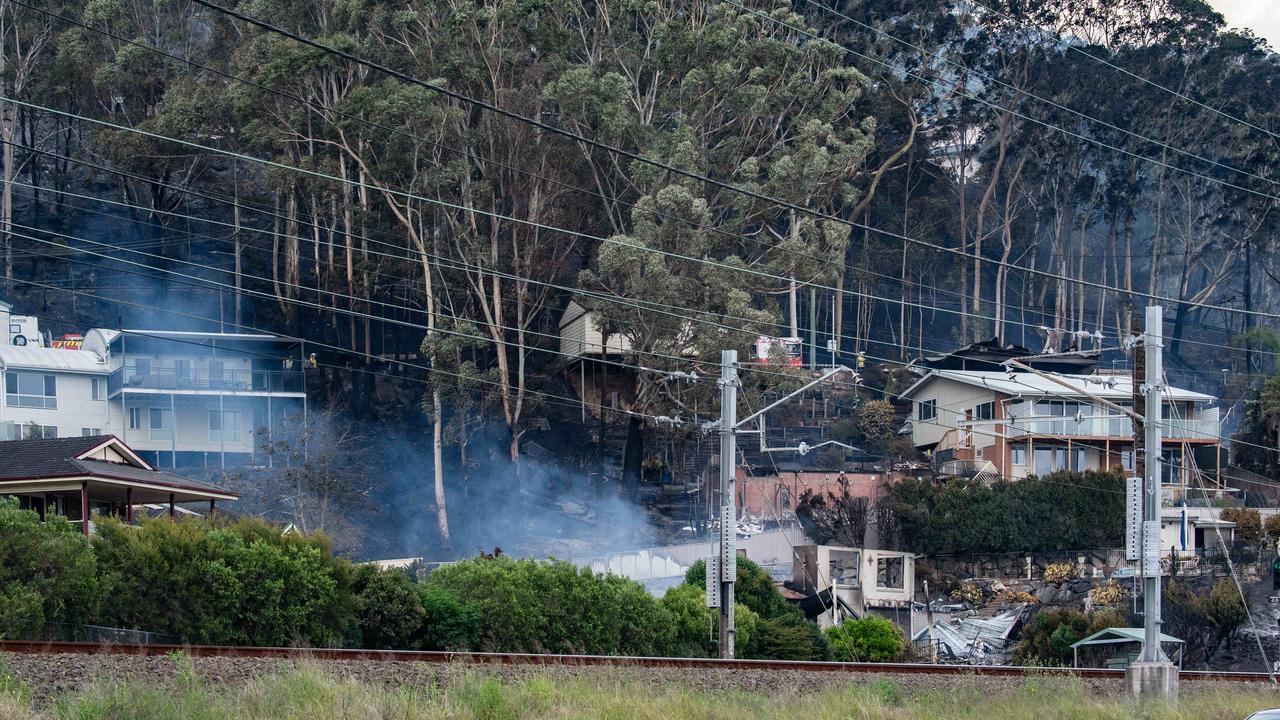In a move that could significantly escalate global trade tensions, U.S. President Donald Trump has announced that a 30% tariff will be imposed on all goods imported from the European Union and Mexico beginning August 1. The surprise announcement, made during a press briefing earlier today, sent shockwaves through global markets and triggered swift reactions from international leaders and trade experts alike.
President Trump cited “unfair trade practices and ongoing imbalances” as the justification for the sweeping tariffs, stating that the United States “can no longer tolerate economic policies that harm American workers and industries.” He emphasized the need to “protect American manufacturing” and claimed that previous negotiations with both trading partners had not yielded satisfactory outcomes.
“For decades, the European Union and Mexico have taken advantage of America’s generosity,” Trump stated. “Those days are over. We will stand strong for our workers, our companies, and our economic future.”
Economic and Political Repercussions
The move is expected to have far-reaching consequences for global supply chains, particularly in the automotive, agricultural, and technology sectors. European and Mexican leaders swiftly condemned the decision, with EU Trade Commissioner expressing “deep regret” and vowing to take “all necessary countermeasures.” Mexico’s foreign ministry similarly warned of “retaliatory actions” if the tariffs are enforced.
Stock markets responded with volatility, with major indices in New York, London, and Frankfurt experiencing immediate drops amid fears of a full-blown trade war. Analysts warn that such aggressive protectionist policies could damage not just international relations but also U.S. consumer prices and export competitiveness.
Historical Context
This is not the first time the Trump administration has wielded tariffs as a tool for economic leverage. During his previous term in office, Trump engaged in a prolonged trade dispute with China, and imposed duties on steel and aluminum imports that triggered international retaliation.
What Happens Next?
The announcement sets the stage for a tense diplomatic period, as affected countries may seek to challenge the tariffs at the World Trade Organization or retaliate with their own measures. Businesses, meanwhile, are scrambling to assess the impact on their operations and supply chains.
With just weeks before the new tariff policy takes effect, all eyes will be on Washington, Brussels, and Mexico City to see whether negotiations can avert a potentially damaging escalation.



